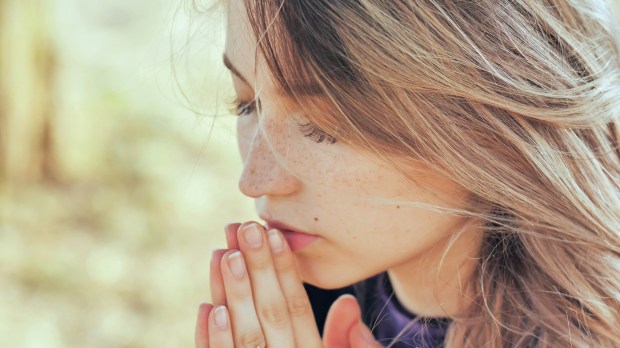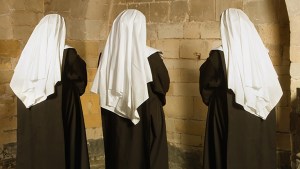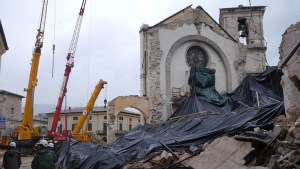Catholics entering religious life in 2020 are on the young side, according to a new survey.
The survey, conducted by Georgetown University’s Center for Applied Research in the Apostolate (CARA) found that the average age of respondents of the “Entrance Class of 2020” is 29. Half of the respondents are 26 or younger.
CARA surveyed some 309 members of the “Entrance Class of 2020,” consisting of 166 men and 143 women. The youngest sister or nun who responded to the survey is 18 and the oldest is 66. Among the men, the youngest is 19, with one man entering at the age of 65. Regardless of gender, nearly nine in 10 respondents (86%) are 35 or younger.
Responding postulants were born in 21 countries. About eight in 10 (77%) respondents were born in the United States. One in 10 (12%) was born in a country in Asia, mainly in Vietnam and the Philippines. One in 16 was born in a country in Latin America, mainly in Mexico. Six were born in Europe, and two in Africa.
Most are “cradle Catholics,” but regardless of the religious tradition of their parents, two in three (64%) respondents report that religion was “very important” to their mothers and nearly half (45%) report that religion was “very important” to their fathers.
Other facts CARA uncovered include:
- On average, respondents were 19 years old when they first considered a vocation to religious life.
- Respondents were asked to evaluate how important different types of prayer are to them. Almost all respondents say private personal prayer (99%) and daily Eucharist (97%) are at least “somewhat” important to them. Nine in 10 indicate that these elements are “very” important. Nine in 10 respondents report Eucharistic Adoration (91%) and Liturgy of the Hours (90%) are at least “somewhat” important to them.
Entrants in 2020 were asked how much various elements attracted them to religious life. Nearly all respondents were “somewhat” or “very much” attracted to religious life by a desire for prayer and spiritual growth (99%) and a sense of call to religious life (98%). Three in four or more were “very much” attracted by these aspects.
Nine in 10 respondents were at least “somewhat” attracted to religious life by a desire to be part of a community (94%), a desire to be of service (92%), and a desire to be more committed to the Church (88%), with six in 10 or more saying these attracted them “very much.”
- Just under nine in 10 report they were at least “somewhat” attracted to the religious institute by the ministries of the institute (89%), the institute’s fidelity to the Church (87%), and welcome and encouragement by members (85%). About six in 10 say these elements “very much” attracted them to their religious institute.
- Three in 10 report being acquainted to their religious institute in an institution where members served (32%), through their own search (32%), and through the recommendation of a friend or advisor (30%).
- One in five first became acquainted with their institution through the reputation or history of the institute (21%) and through a relative or a friend in the institute (17%).
- Just over one in 10 first became acquainted with their institution through working with a member of the institute (15%) and through web or social media promotional materials (14%).
- One in six (17%) first became acquainted with their religious institute through some “other” means (often during their college years). The “other” responses included seeing a documentary on formed.org, and meeting the vocation director at college and staying in touch with him for four years through Snapchat.
One of the common aspects that most attracted respondents to their religious institute is the sense of mission and ministry of the institute. Some of their responses include:
- Focus on a relationship with Jesus and sharing that relationship with other people; the mission of evangelization especially through educational apostolates; interior prayer rooted in the Spiritual Exercises.
- I was most attracted to the missionary zeal in the members of my community; their relationship with and love for Jesus was evident to me, and it was clear that their love for souls was directly related to their own love for Jesus.
- Mission, diversity of missions and cultures, and as I experienced in the Mother House, daily prayer, daily Mass, community living, diversity within the community. Promote care for all of creation.
- The example of the members whom I worked with prior to entering; the mission and various ministries of the institute.
- The sense of community and shared mission among the sisters. There was a deep care for each other that stretched across states and a shared life and purpose at the service of the Church and the world.
An open-ended question invited new entrants to respond in their own words to “What do you find most challenging about religious life?” Respondents shared a variety of challenges, including community life, maturing into religious life, adaptation to religious life, and decreasing access to family and friends.



